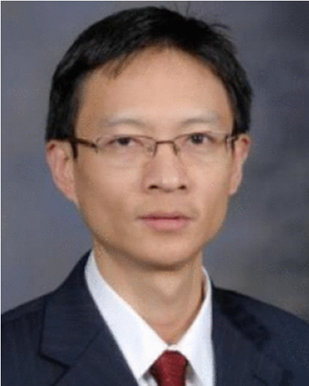Abstract:
Modern power electronics employ high-frequency (HF) switching mode operation to achieve high power efficiency, high power density, and high dynamic response. The switching mode power converters/inverters generate significant electromagnetic interference (EMI) which can interfere with the normal operation of other electronic circuits nearby, leading to safety, reliability, and stability issues. Many national and international EMI standards have been issued to limit the EMI to an acceptable level. Recently, wide bandgap (WBG) semiconductor devices such as SiC MOSFET and GaN HEMT are being adopted to replace conventional Si MOSFET and IGBT to achieve higher energy efficiency, higher power density, and lighter weight, due to their high switching frequencies and high switching speeds, the HF EMI noise of the power electronics systems become significant not only in conductive but also in radiated EMI ranges. EMI has become a much more significant issue than ever before.In the power electronics industry and academics, EMI has been a headache problem for both power electronics engineers and researchers. Conventionally, EMI is reduced with EMI filters. However, due to a lack of EMI theory and knowledge of power electronics, EMI is considered a black box and its reduction and EMI filter design usually follow a trial-and-error approach, which is time-consuming, costly, and inefficient. In this presentation, we will first introduce the basic theory, standards, and measurement for the EMI in power electronics systems. We will further briefly address the conductive EMI in power electronics systems including its generation, propagation, reduction, and measurement as well as the impact of parasitic parameters on the EMI. EMI filter design will be presented. We will further talk about the near magnetic field and electric field emissions from power converters and their impact on EMI. We will briefly explore the near-field emission and couplings of power components, PCB layout, and the related suppression techniques. Finally, we will investigate the radiated EMI in power electronics systems. The radiated EMI modeling and prediction technique for power electronics systems will be introduced. Both low-frequency (150kHz – 30MHz) and high-frequency (HF) radiated EMI will be discussed. Impacts of power semiconductor devices’ switching speed and switching frequency on radiated EMI will be discussed. The radiated EMI reduction techniques will also be briefly introduced for power electronics systems.
Biography:
Shuo Wang (Fellow, IEEE) received the Ph.D. degree in electrical engineering from Virginia Tech, Blacksburg, VA, USA, in 2005. He is currently a Full Professor with the Department of Electrical and Computer Engineering, University of Florida, Gainesville, FL, USA. He has authored or coauthored more than 250 IEEE journal and conference papers and holds more than 30 pending/issued U.S./international patents.Dr. Wang was the recipient of the Best Transaction Paper Award from the IEEE Power Electronics Society in 2006 and two William M. Portnoy Awards for the papers published in the IEEE Industry Applications Society in 2004 and 2012, respectively. He received the Distinguished Paper Award from 2022 IEEE Symposium on Security and Privacy. In 2012, he was also the recipient of the prestigious National Science Foundation CAREER Award. He is an Associate Editor for the IEEE Transactions on Industry Applications and the IEEE Transactions on Electromagnetic Compatibility. He is the Chair of Power Electronics EMI/EMC Special Committee of IEEE EMC Society and was an Instructor of IEEE Clayton Paul Global University. He was a Technical Program Co-Chair of the IEEE 2014 International Electric Vehicle Conference. Dr. Wang’s research interests include power electronics, electrical power systems, renewable energy integration, electromagnetic interference and compatibility, electromagnetic security, cyber security, and hardware security.
Email: [email protected]

